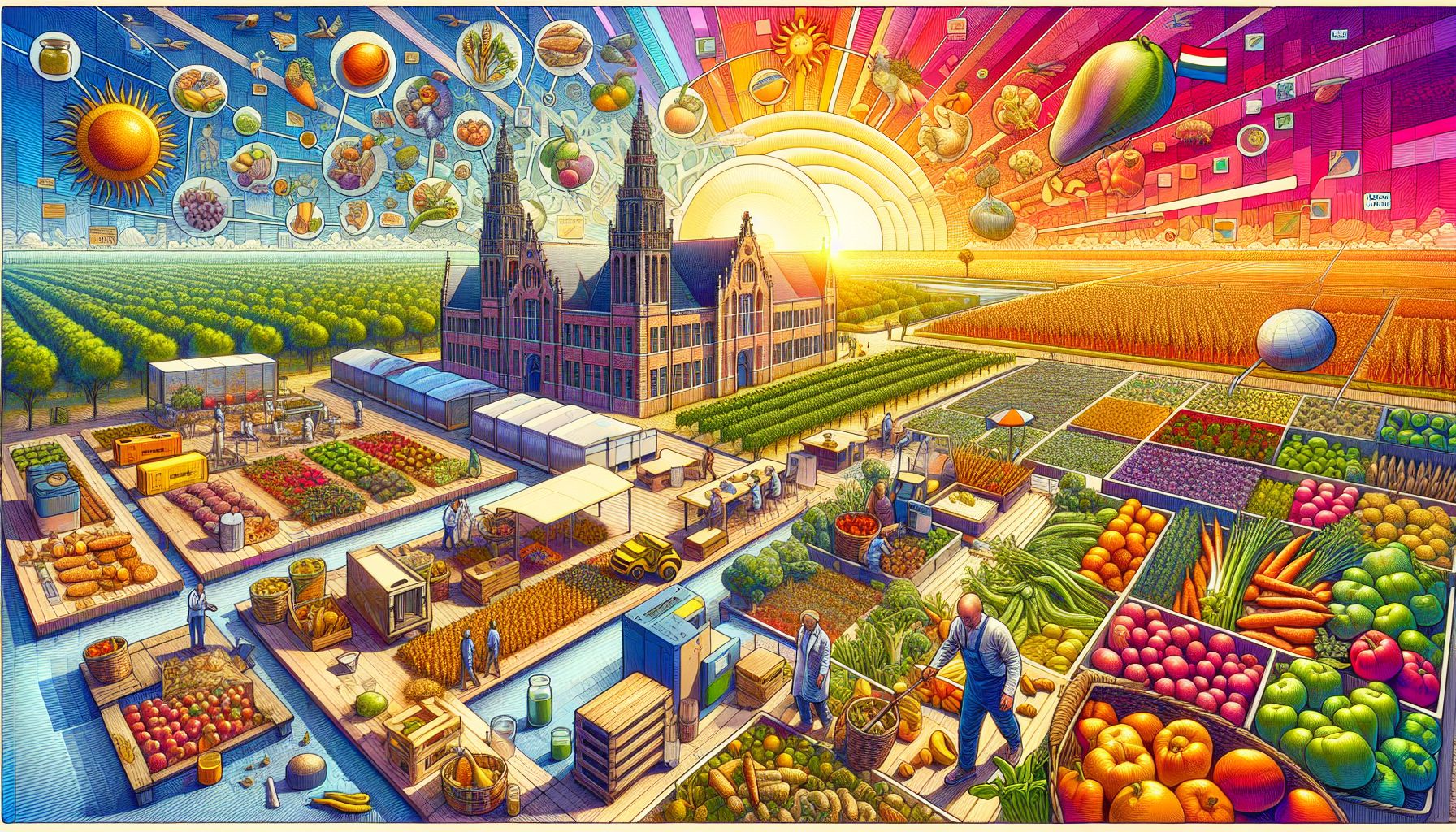dutch research project agri-cool aims to reduce food waste in africa

the university of twente leads agri-cool, a project to develop smart food cooling systems to improve living conditions and reduce food waste in african communities, starting in june 2024.
Introduction to AGRI-COOL
The University of Twente, located in the Netherlands, is spearheading AGRI-COOL, an innovative project aimed at addressing food waste and promoting sustainable agriculture in Africa. This Horizon Europe funded project, with a budget of €5 million, is set to commence in June 2024 and will span four years.
Technology Behind AGRI-COOL
AGRI-COOL’s core technology integrates photovoltaic panels, Phase Change Materials, chillers, and smart control systems to create a scalable, climate-friendly cooling solution. The system is designed to operate in areas with limited access to electricity, making it ideal for sub-Saharan Africa where power outages and lack of infrastructure contribute significantly to food spoilage.
Demonstration and Implementation
The project will conduct demonstrations in South Africa, Cape Verde, Somalia, and Zimbabwe to validate the performance of the AGRI-COOL system under various environmental conditions. These pilot programs will help ensure the technology is adaptable to different climates and can be effectively implemented across diverse regions in sub-Saharan Africa.
Impact on Food Security and Economic Growth
By providing a reliable cooling solution, AGRI-COOL aims to reduce food waste, improve food security, and foster economic growth in African communities. The reduction in food spoilage will not only save resources but also decrease the greenhouse gas emissions associated with food waste, which accounts for over 10% of global emissions.
Training and Capacity Building
To ensure the successful deployment and maintenance of the AGRI-COOL system, the project includes comprehensive training programs for farmers, technicians, and engineers. Additionally, advanced courses will be offered to third-party engineers from various African countries on the design and customization of the system, fostering local expertise and ensuring sustainable operation.
Global Implications
While AGRI-COOL is focused on sub-Saharan Africa, its implications are global. The technology could be adapted for use in other regions facing similar challenges, contributing to worldwide efforts to reduce food waste and promote sustainable agriculture. The project exemplifies how innovative solutions can drive significant improvements in food security and environmental sustainability.
Conclusion
AGRI-COOL represents a significant step forward in the fight against food waste and environmental degradation. By leveraging advanced technology and fostering local expertise, the University of Twente and its partners are paving the way for a more sustainable and food-secure future for Africa and beyond.

